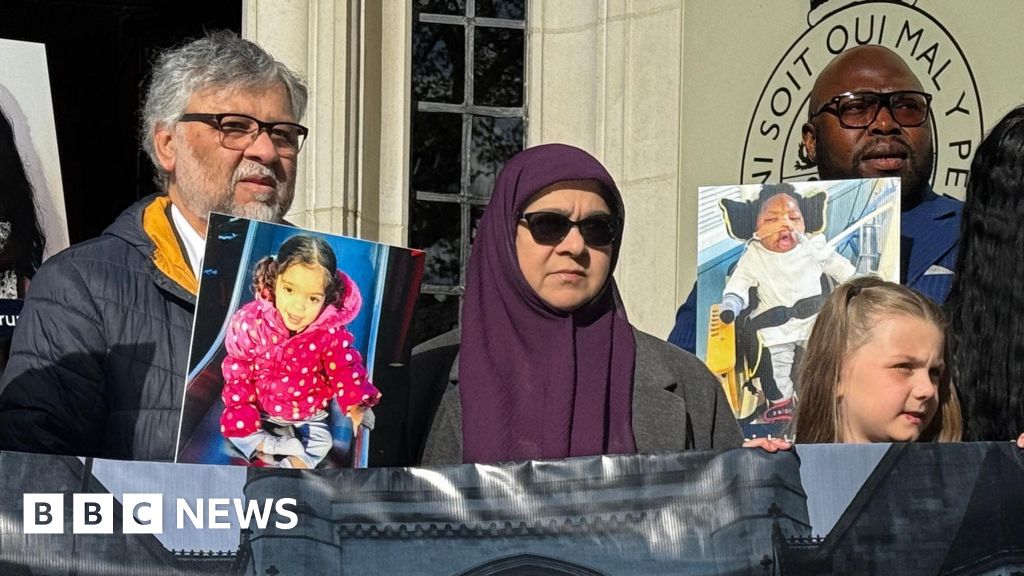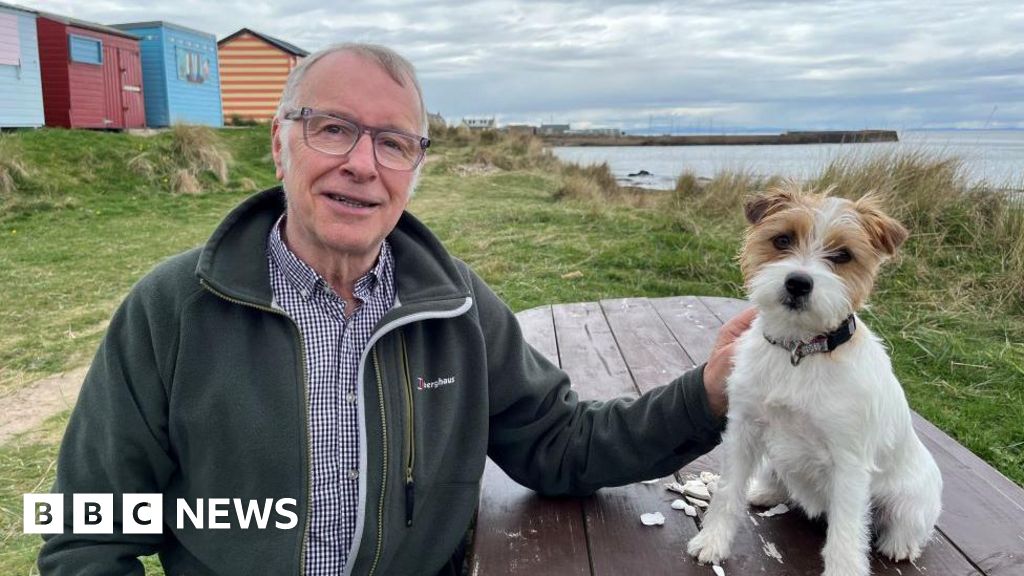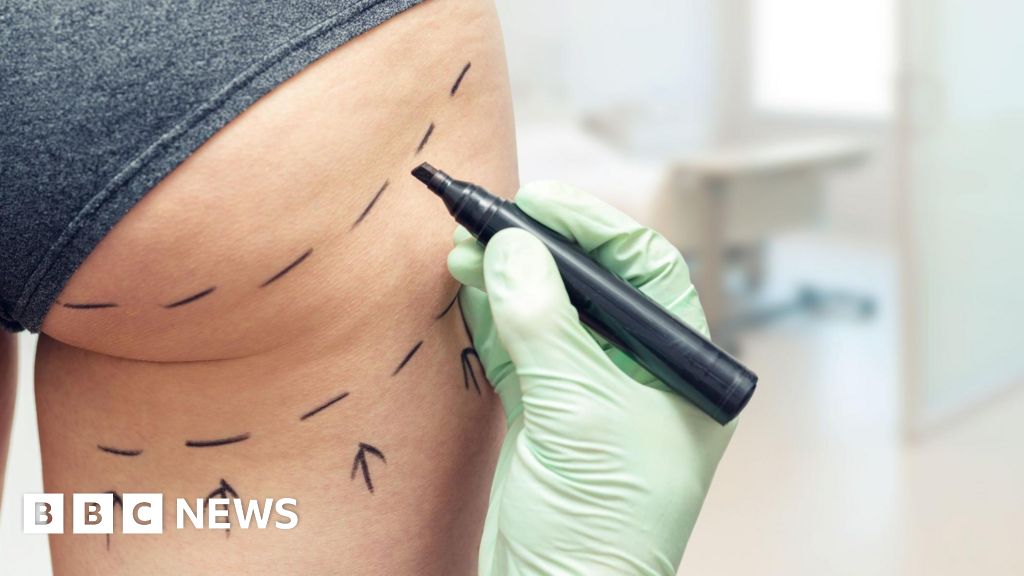ARTICLE AD BOX
A scheme to support GPs to provide care and advice to patients which avoids them joining long NHS hospital waiting lists is being expanded in England, the government says.
GPs will work more closely with specialists to access expert advice quickly for patients with conditions such as irritable bowel syndrome, menopause symptoms and ear infections.
Backed by £80m of funding, its ambition is to help two million people receive faster and more convenient care in their local community by the end of 2025/26.
Health minister Karen Smyth said the scheme would "save time and stop masses of people having to head to hospital for unnecessary appointments".
The expanded scheme is part of the government's plan to cut long NHS waiting lists and create extra appointments for patients.
It has pledged that 92% of NHS patients will be waiting less than 18 weeks for treatment after referral to a consultant, by the end of this parliament.
Between July and December 2024, the scheme diverted 660,000 treatments from hospitals and into the community, the government says.
Called 'Advice and Guidance', the scheme links GPs and hospital specialists before patients are referred onto waiting lists, so that tests and treatments can be offered in the most convenient place.
For example, patients with tinnitus and needing ear wax removal often end up being referred to specialists when they could be helped outside hospitals. And women needing advice on types of HRT could be treated in local hubs, rather than waiting to see a gynaecologist.
GP practices are able to claim for each time they use the scheme to shift care from hospital to the community.
Health Minister Karin Smyth said the government was "rewiring the NHS" and doing things differently.
"This scheme is a perfect example of how we are saving patients time and reducing pressure on key NHS services in the process," she said.
"It will take time to reverse the damaging neglect the NHS has suffered in recent years, but our Plan for Change is starting to deliver benefits for patients, with waiting lists cut by 219,000 since July, and 1,500 new GPs in post."
National Voices, which represents health charities in England, said "real choice" must be offered to patients about what the best treatment routes are.
"We must see strong communication about what the service is and what it means in practical terms for patient care," director of policy Sharon Brennan said.
The British Medical Association said in a statement: "We have seen decades of underinvestment in general practice, and this is an important small step in acknowledging the important role of the GP and supporting practices to deliver enhanced care to patients in the community.
"The journey to bringing back the family doctor has only just begun. Now we must focus on the secretary of state's promise to complete negotiation of a new GP contract within the term of this Parliament in order to safeguard family GP services for the future, and we look forward to working closely with the government to achieve that."

 2 days ago
10
2 days ago
10








 English (US) ·
English (US) ·